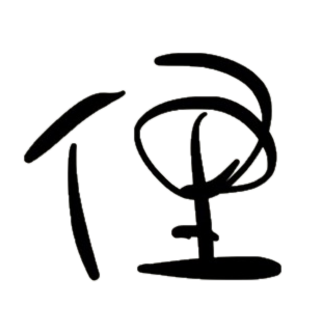Irene Sorozábal
Irene Sorozábal (b.1996) is a Spanish recorder player and mezzo-soprano based in Amsterdam. Currently, she is studying a master in Historical Singing with Xenia Meijer in the Conservatorium van Amsterdam. She obtained a Bachelor in Recorder in the same conservatory in 2018 with Erik Bosgraaf. She attends masterclasses with Margreet Honig, Emma Kirkby, Eduardo López Banzo, Rebecca Stewart, and Harmen Fraanje among others. Irene has performed in festivals like Gaudeamus Muziekweek, Amsterdam Fringe Festival, Oerol and Zürcher Theaterspektakel. She collaborates with ensembles like the Royal Wind Music, Nieuwe Philharmonie Utrecht, and Música Temprana. Her artistic creation is enriched by other performing disciplines like theatre, dance, improvisation, and performance which Irene integrates in her work through collaborations with creators like Rubber Bodies, Abhishek Thapar, Current Space, and Moving Strings.
Irene’s Reflection
Yours Mine has been a fascinating collaboration. At times it was challenging to make clear choices as I was swimming somewhere between two usually divided roles in music: performer and composer. I especially enjoyed the beginning stages. I was listening out to sounds which I like and sounds which annoy me. As a result, I became much more aware of my aural surroundings. This process inspired many questions regarding the changes in my city due to the virus and, more generally, my lifestyle and how I experience it through my senses. I found the following stage in the process more challenging. I became somehow confused about how to combine my creative, compositional ideas with my performing skills. On one hand, as a performer, I wanted to choose the material intuitively, answering the questionnaire as truthfully as possible; on the other hand, several technical problems and aesthetic questions were rising when I inserted the chosen material in the structure provided by I-lly. I encountered similar open questions regarding performance: How much freedom from the score can I allow myself? Should I make decisions as a composer or as a performer: looking at the piece as a whole or trying to do justice to the initial idea by I-lly? Should I limit my creative input to choosing the material or should listen to my musical ideas or the practical knowledge of my instrument? In the end, I could find answers to most these questions and, more importantly, I was inspired to reflect on the relevance of these doubts when performing any existing composition. Thank you I-lly Cheng for such an inspiring initiative!
《你的我的》是個驚豔的合作。對我而言,演奏家與作曲家於音樂中,通常是兩個分開的角色,然而在這計畫中最大的挑戰是我要游移於這兩個角色,並清楚地做決策。我最享受計畫最開始的步驟,因為問卷的提問,我開始聆聽周遭的聲景,哪些是我喜歡的,哪些是我不悅的,因此讓我更關注生活周邊的聲響。這個過程啟發我關注更多疫情如何改變我的居住城市、我的生活方式,或者我於感官上如何經歷這樣的改變。然而,接下來的步驟是更有挑戰性。我對於如何整合我的創作想法,與演奏技法讓感到困惑。作為一個表演者,我希望依照我的直覺去選擇素材,真誠地回答問卷的問題。然而,這些素材帶入既定的曲式,延伸出了技術與美學考量上的問題。關於表演上,也延伸出了一些類似之前提出的疑問:曲式之外我有多少的自由度?我應該以一個表演者或是一個作曲家的角度來作決定?我應該要顧全音樂整體多少,質疑問卷原本的問題多少? 我應該要遵循我的美學創意,音樂想法,或是樂器演奏等實際考量去選擇素材呢?最後,在執行過程中我逐一地找到答案。而最重要的是,這些來回的疑問啟發我更深入思考如何演譯任何存在的作品。
Text 2 (Own poem from childhood 2010)
Nadó entre las frases mudas
de una lectura inconclusa
las letras cosquilleando
con sus dedos de medusa.
Text 1 (From A wild sheep chase, by Haruki Murakami)
I swallowed my breath and gazed at her, transfixed. My mouth went dry. From no part of me could I summon a voice. For an instant, the white plaster wall seemed to ripple.

